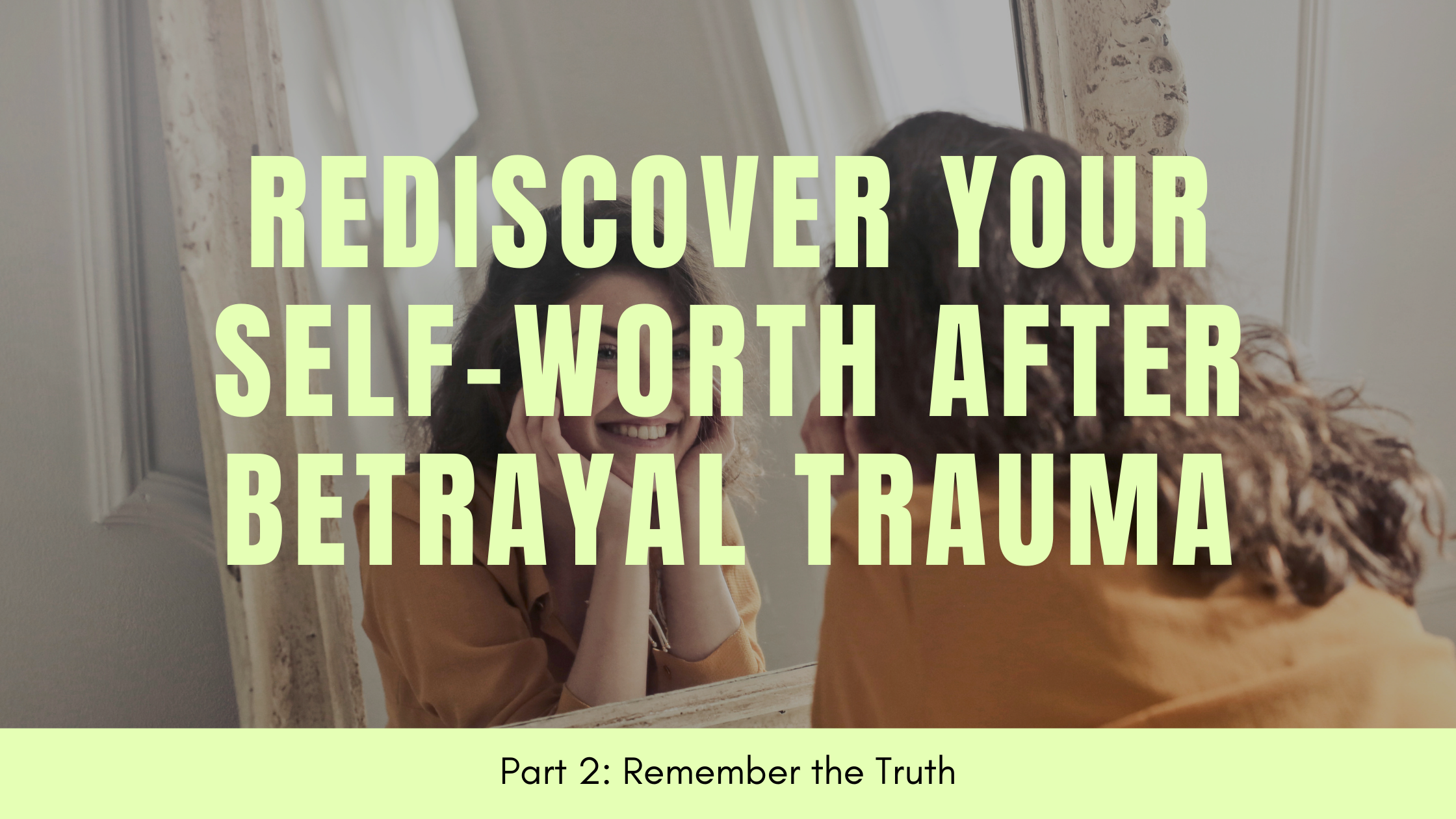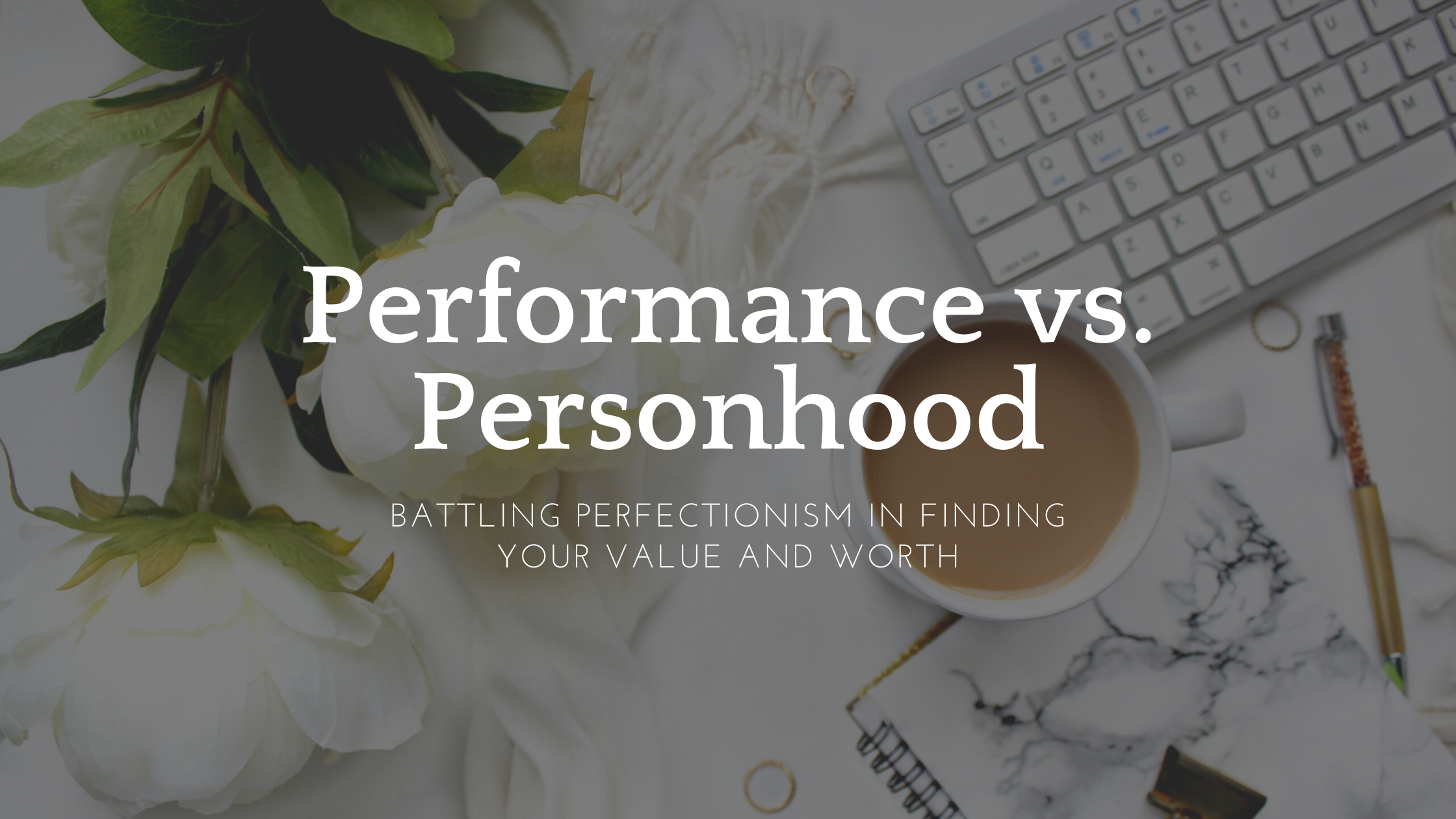Finding a balance between work and your personal life can prove to be a challenging task. In analytical or technical work, it can be difficult to transition from the mindset needed at work to connecting in relationships at home. In relational work like teaching, engaging with one more person after work can be exhausting. Stressful jobs that tax us emotionally can make it difficult for us to stay present at home or feel motivated to pursue personal interests or relationships. Financial concerns intensify these issues because of pressure to perform and keep our jobs in order to pay the bills. With time, this can create chronic stress.
For many of us who have transitioned to working from home during the COVID-19 pandemic, boundaries between work life and home life become harder to maintain. Technology allows us to be accessible at all hours and can blur the lines between work and family. Eliminating the commute may have created a loss of time spent decompressing or unplugging from work stress before arriving home.
Balancing work and personal life isn’t just a challenge for those who are married with families. Single adults may find themselves isolating more from their friendships. Married couples without kids or empty nesters can miss out on connection with their spouses. Single parents may become disconnected or irritable with their children.
It doesn’t help that we live in a Western culture that defines our worth by what we produce, and most of what we produce is done in our work. On average, we spend 40 hours a week working, but when those 40 hours feel like the only place we can find a sense of value, we’re tempted to work longer hours or to become consumed by stress as we seek to maintain this sense of worth. Our work leaves us too exhausted to complete other activities to feel a sense of accomplishment elsewhere. In the worst-case scenario, we can become burned out and unable to work at all, experience mental health issues, or permanently damage our relationships.
What is work-life balance?
Work-life balance involves separating work-related stresses and concerns from our personal lives. This involves setting external boundaries around work, such as limiting work hours or disconnecting from technology at home. It can also require internal mindset shifts away from thinking about work while at home or with family.
Achieving the ideal of work-life balance is tricky. For some, it feels impossible. To a certain degree, this is true. Balance, by definition, is something that we can never achieve, but we strive toward by taking intentional actions to honor our personal values.
Strategies for Creating Work-Life Balance
Don’t let your work be the only thing that defines you.
Think about when you’re meeting someone for the first time. Often one of the first questions you ask is something like this: what do you do? Where do you work? It can become so easy to define ourselves and one another by our work. When we love our job and find fulfillment from it, that is great. But when our identity gets lost in our work, that can be a problem.
This is a particular issue if your work creates stress or dissatisfaction. If work is the source of your identity and value, but you’re experiencing negative feedback from your supervisor or criticism from your colleagues, you’re more likely to feel devastated by those experiences.
As you seek other ways to define yourself, consider what you value, what is important to you. Is it your faith? Your relationships with family? Perhaps it is a hobby or area of interest. Let the picture of who you are become more fully realized as you explore the aspects of who you are outside of work.
Create a ritual for entering and leaving work.
Before you settle in to begin work, start out your day with a ritual that will get your mind in work mode. For example, you could spend the first five minutes of your workday with a quick mindfulness breathing exercise. You can use an app like Headspace for a guided meditation. Other ideas for rituals might be brewing a favorite cup of coffee or tea, lighting a candle or starting a diffuser, praying through your day, greeting everyone in your office, or doing a few stretches before sitting at your desk.
When you’ve finished work for the day, end your workday with a closure ritual. One example might be writing down three things you were grateful for that day. Other closure rituals might be verbally appreciating a coworker for something they’ve done, powering down your technology, turning your phone and email on do not disturb, listening to a music playlist on your commute, spending five to ten minutes journaling about your feelings from the day, visualizing a container to hold your work-related worries until the next day, going for a walk, or changing out of work clothes into more relaxing clothes.
Explore and maintain hobbies and relationships outside of work.
Diving into activities outside of work helps you to define yourself by your interests rather than just what you do from 9 to 5. Find a hobby that is life-giving for you or gives you a sense of flow. Pursue meetups or social events around the hobbies you enjoy.
Often, our friends come from our workplaces, so it can become common practice to talk about work when you’re spending time together outside of the office. However, this can perpetuate the stress you feel about work and blur those boundaries between work and home life. Consider requesting to make work talk “off-limits” when spending time with these friends.
Maintain your health through good self-care.
Consider various aspects of your health that are influenced by how you take care of yourself in your personal time. Some of these areas might include physical health, spiritual health, emotional health, and relationships.
Maintaining a regular, consistent exercise routine can improve many different aspects of your mood. Starting out with a 10-minute walk or a quick yoga session can make a big difference.
Find your people who can listen when you’re feeling emotionally overwhelmed and need to vent, or who can help distract you from work stress by having fun together. Schedule time intentionally with these people in your life, including your spouse and children. It may sometimes feel like scheduling that time makes it feel less authentic, but it communicates that those people are a priority in your life.
Exploring your spiritual life can help you find greater meaning in the work you’re doing, provide comfort and support through the stress of a crazy work situation, or inspire you to pursue purpose in volunteering or giving to others. Get involved at your local church or other religious organization that will help you grow in spiritual self-care.
If you’re starting to feel on the edge of burnout or have a hard time with this balance or boundaries, seek out counseling or other emotional support as an act of self-care.
Turn away from escaping behaviors and turn toward refreshing behaviors.
For many, decompressing after a long day at work looks like binge-watching TV, playing games or phone apps for hours, or compulsively shopping online. These can provide a temporary high or escape from the stress of work. But they don’t create real rest, often feel more draining, or can develop into addictive patterns. Similarly, using alcohol or drugs to check out after a long day can have harmful effects. These behaviors might provide a temporary escape, but they aren’t restoring your energy or preparing you for the workday ahead.
Instead, ask yourself what really recharges you. Is it more sleep? Prioritize going to bed earlier for a few nights and notice how that impacts your stress levels at work. Is it talking with your spouse? Ask them to turn off the TV tonight and talk or do an activity together. Is it reading? Cooking? Gardening? Organizing your closet? Make time to do those tasks.
Shift your mindset around work.
Often we feel dread around the tasks that face us at work. The term “Sunday scaries” captures this well, referring to the experience of anxiety or dread that arises in you on Sundays as you consider the work week ahead.
Instead of thinking of all the things we “have to” do for work and the stress that goes with that, consider changing your mindset to what you “get to” do, which changes the narrative to one of gratitude for what you have. Teachers get to influence the lives of the students they teach. Counselors get to help their clients through a crisis. Scientists get to do work that could cure an illness. Doctors get to create health and wellness in their communities. More broadly, those of us who are working get to have a job when so many can’t find work and are struggling to make ends meet.
Set boundaries.
One perk of many flexible workplaces today is that you have the ability to set your own schedule. But one downside is that, without the built-in boundaries of clocking in and out at a certain time, you end up working longer hours than you would otherwise or completing “one more email” at home, which turns into another hour of work. Set boundaries around your specific work hours and intentionally distance yourself from work once those hours are over.
When you are done with work for the day, leave your work at work. Don’t check a few more emails when you get home: instead, consider turning off your phone or computer or storing it in a location away from you. Talk with your boss about limiting when you’re available to take calls or emails. Make sure your coworkers know that you aren’t available after a certain time of day. You may choose to put an email auto-reply up as an extra reminder. Honestly evaluate what you can commit to at work and have conversations with your supervisors if you think you’ve taken on too much.
Setting boundaries applies at home as well. If there’s too much on your plate at home, talk with your partner about sharing some responsibilities. If your partner is also strapped for time, or if you are single, consider delegating tasks like a cleaning service when you don’t have the time available.
If you feel that you can’t set boundaries, ask yourself why. It may be for a legitimate reason, like being on-call at hospital or having a specific busy season in which you work long hours for a short period of time. But sometimes the fear of setting boundaries has nothing to do with the job itself. It can be a personal hang-up based on past experiences, a fear of losing your job, or avoiding rejection. This belief pattern may need to be tested by setting a few boundaries and seeing what happens.
If you are consistently told by supervisors that you are not allowed to say no or set reasonable boundaries in your workplace, however, you might be in a toxic work environment. Talk with a counselor or human resources representative to see if your experience is concerning and consider pursuing another job.
Do a little at a time.
There are lots of potential practical applications in this article, and if you attempted to take them on all at once, you would likely be overwhelmed with just one more thing on your already overfilled plate. Don’t allow yourself to be overwhelmed in this way. Instead, pick one item that stands out to you from the list above and make a commitment to that habit for 30 days. See how well you’re able to carry it out and the impact that it has at the end of that time period and decide if you want to continue that practice or try a different habit.






















